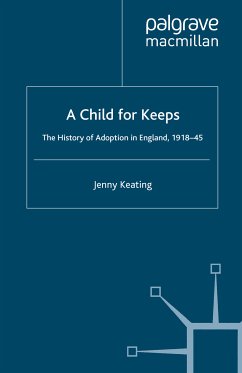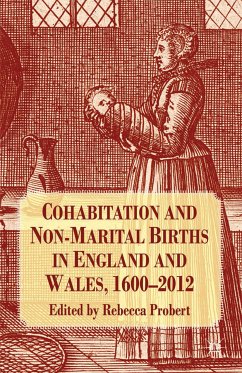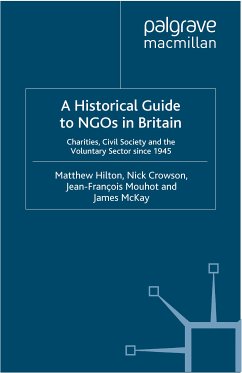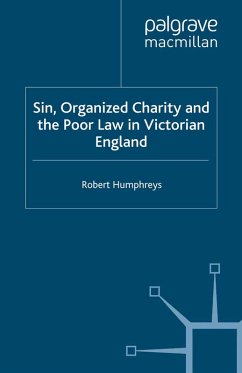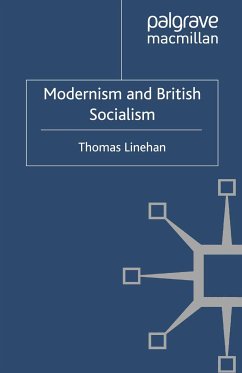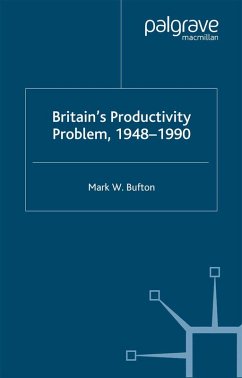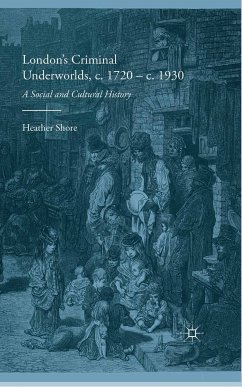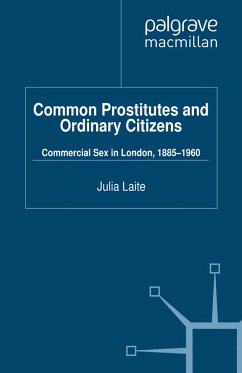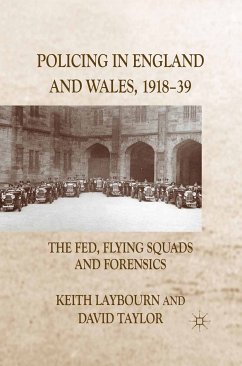
Policing in England and Wales, 1918-39 (eBook, PDF)
The Fed, Flying Squads and Forensics
Versandkostenfrei!
Sofort per Download lieferbar
40,95 €
inkl. MwSt.
Weitere Ausgaben:

PAYBACK Punkte
20 °P sammeln!
An examination of the modernization of the English and Welsh police during the interwar years, focusing upon the increasing professionalization of the police, the Federation, forensic work and the growth of traffic policing. The authors challenge the established viewpoint by arguing that this period saw significant changes in policing.
Dieser Download kann aus rechtlichen Gründen nur mit Rechnungsadresse in A, B, BG, CY, CZ, D, DK, EW, E, FIN, F, GR, HR, H, IRL, I, LT, L, LR, M, NL, PL, P, R, S, SLO, SK ausgeliefert werden.



